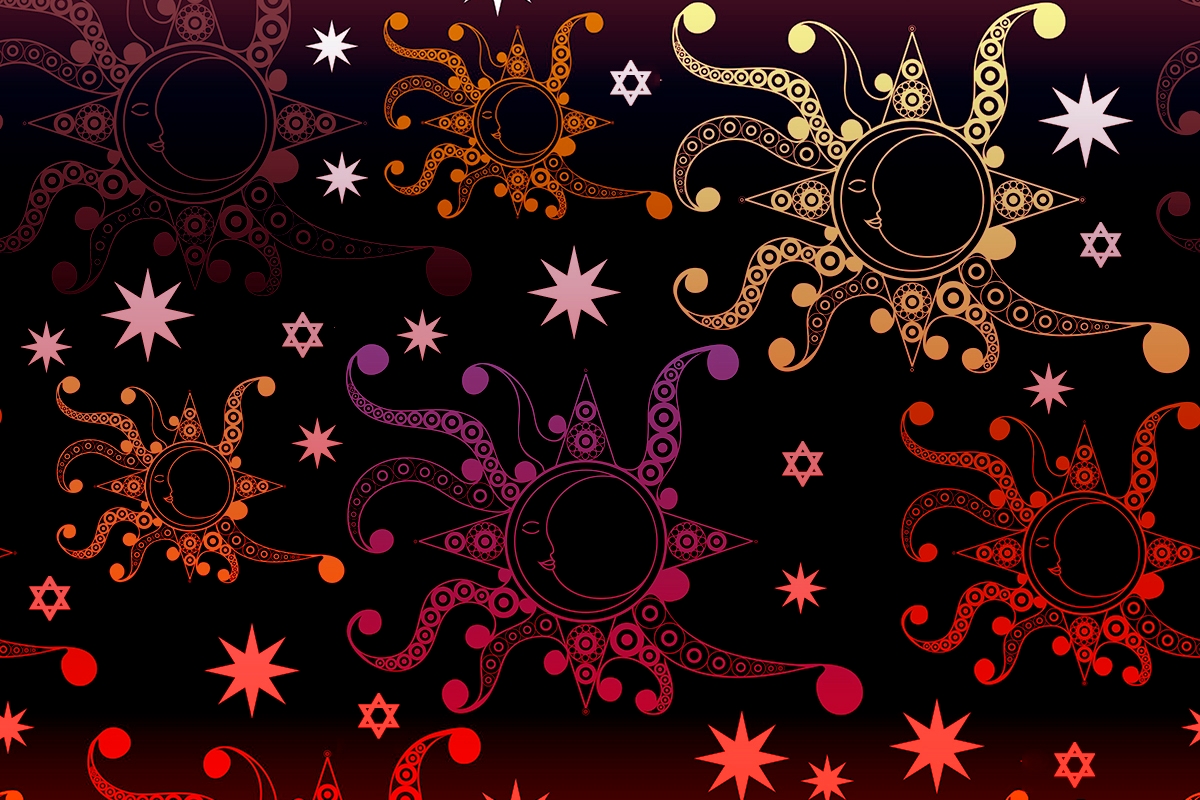GLASNOST
Gold Member
The idea is cringeworthy! Some people will say anything to defend undefendable claptrap. I lived in Rhodesia in the mid-to-late 1970's and it used to baffle me how during Christmas the city of Salisbury would erect flat, phoney, plyboard fir trees in the park and spray them with fake snow. Keep in mind that Southern Africa is below the equator and December is mid-summer. In any case, I doubt very much that it snowed in Bethlem when Jesus was allegedly born to a virgin....... HELLENISTIC JEWS who considered the winter solstice... the Hellenistic Jews most likely chosen Jesus' birthday during the winter. That the winter solstice was considered as a sacred holy day to them.
.....
to be 'holy' is a new one on me. Let's ask Philo





